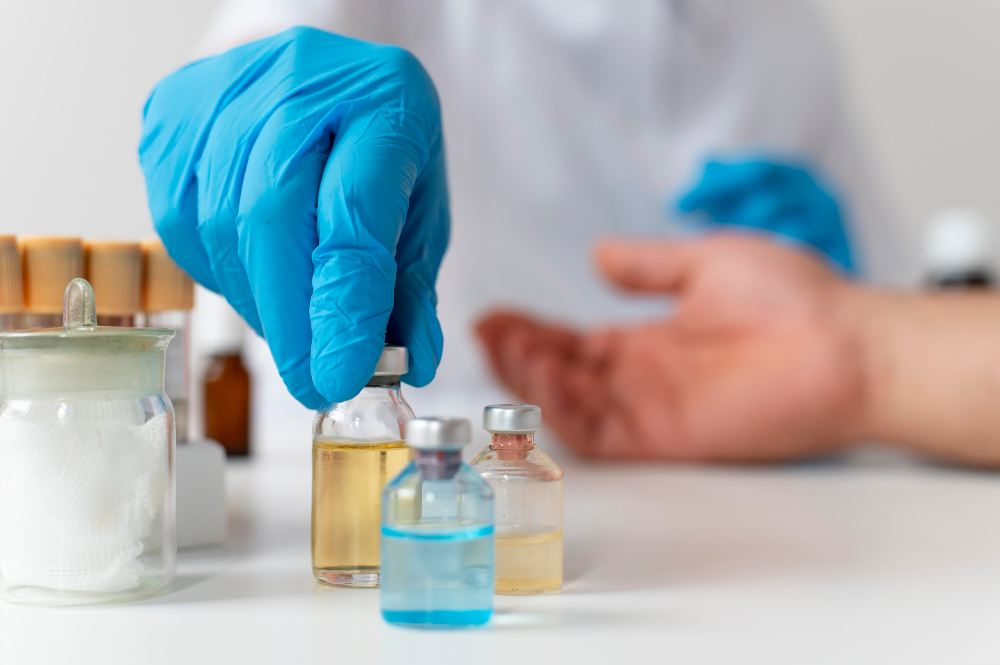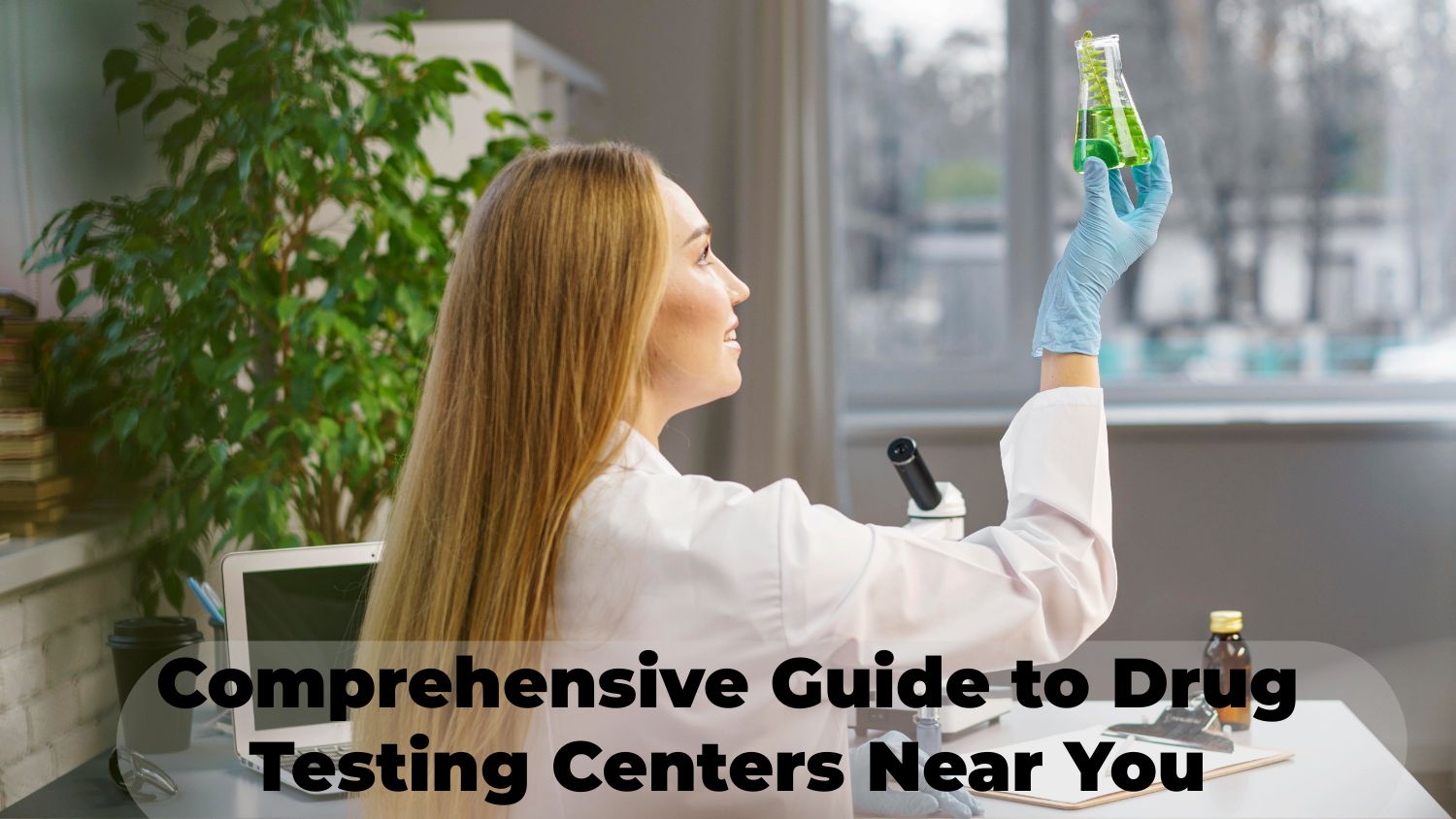How to Pass a Saliva Drug Test?
Saliva drug tests, also known as oral fluid tests, have gained popularity due to their non-invasive nature and ability to detect recent drug use. If you are facing a saliva drug test, it is essential to understand the strategies and considerations that can help you pass the test successfully. This article provides a comprehensive guide on how to pass a saliva drug test, outlining effective methods and important factors to consider during the process.
Understanding Saliva Drug Testing:
Saliva drug tests are designed to detect recent drug use by analyzing the individual’s oral fluid for the presence of drugs or their metabolites. Unlike urine or hair drug tests, saliva tests primarily identify drugs that are currently in the system or have been used within a short period. The detection window for saliva tests is generally within the past 24 to 48 hours, making them suitable for detecting recent drug use episodes.
Timing and Preparation:
Understanding the timing of the saliva drug test is crucial for effective preparation. Most drug tests are scheduled in advance, allowing you some time to prepare. It is recommended to abstain from drug use for at least 48 hours prior to the test to increase your chances of passing.
Oral Hygiene:
Maintaining good oral hygiene is important to help pass a saliva drug test. The following practices can be beneficial:
- Brushing and flossing: Regularly brushing your teeth and flossing helps remove any drug residue that may be present in the oral cavity.
- Mouthwash: Using an antiseptic mouthwash can help reduce the presence of drugs in saliva. Look for alcohol-free mouthwashes, as alcohol-based mouthwashes may trigger a positive result for alcohol use.
- Avoiding contamination: Refrain from consuming any food, beverages, or substances that may contain drugs before the test, as these can potentially contaminate your saliva sample.
Dilution and Oral Fluid Flow:
Increasing the flow of oral fluids and diluting the saliva can help reduce the concentration of drugs, making them less detectable. Consider the following techniques:
- Hydration: Drinking plenty of fluids, such as water, can help dilute the saliva and reduce drug concentration. However, avoid excessive water intake as it may raise suspicion of sample dilution.
- Citric fruits and juices: Consuming citric fruits or juices like lemon or grapefruit can stimulate saliva production and increase oral fluid flow.
Avoiding Drug Contamination:
During the detection window, it is crucial to avoid any potential drug contamination that may lead to a positive test result. Consider the following precautions:
- Refrain from drug use: Abstaining from drug use for at least 48 hours before the test is highly recommended.
- Avoid secondhand smoke: Exposure to secondhand marijuana smoke, for instance, can lead to traces of THC in your oral fluid.
- Be cautious of external sources: Be mindful of using items like drug-laced lip balm or mouth sprays that may contain substances detectable in the test.
Oral Cleansing Products:
Oral cleansing products specifically designed to help pass saliva drug tests are available in the market. These products, such as detox mouthwashes or sprays, claim to temporarily neutralize drug traces in saliva. However, their effectiveness varies, and it is essential to research and choose reputable products.
Important Considerations:
Detection Window:
Understanding the detection window of the saliva drug test is crucial. While most tests can detect recent drug use within the past 24 to 48 hours, it is important to note that this may vary depending on the specific drug being tested.
Test Sensitivity:
The sensitivity of the saliva drug test can vary between different testing kits and laboratories. Some tests have lower detection thresholds, making it more challenging to pass even with shorter clean times. Understanding the specific test’s sensitivity can help you tailor your approach.
Individual Factors:
Individual factors, such as metabolism, body composition, and frequency of drug use, can impact the rate at which drugs are eliminated from the system. Consider these factors when determining the effectiveness of various strategies and methods.
Legal and Ethical Implications:
Attempting to cheat or tamper with a drug test is not only unethical but can also have severe consequences, including legal repercussions and damage to one’s reputation and employment prospects. It is always recommended to approach drug tests honestly and adhere to legitimate methods of passing.
Conclusion:
Passing a saliva drug test requires strategic planning and consideration of various factors. While complete abstinence remains the most reliable method, there are additional strategies that can help increase your chances of passing. Timing and preparation, maintaining good oral hygiene, dilution techniques, avoiding drug contamination, and using oral cleansing products are some of the effective methods to consider. Understanding the detection window, test sensitivity, and individual factors is crucial for tailoring your approach. It is important to approach drug tests ethically and responsibly, prioritizing honesty and adherence to legitimate methods.



